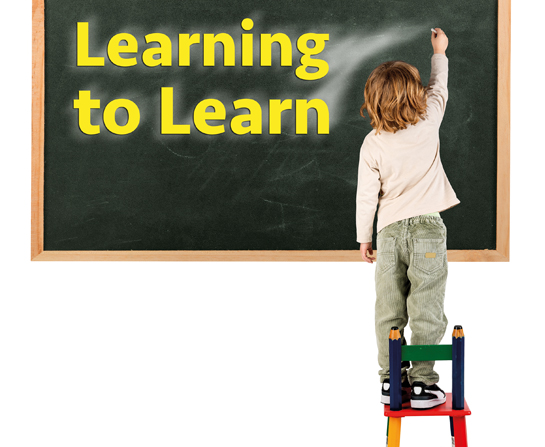Learning to Learn
May 7, 2022 Return


Dr Selina Ding Wai Eng Clinical & Educational Psychologist, Ding Child Psychology Centre
When a child shows signs of having problems at catching up in school, parents get understandably worried. Failure to learn can affect a child’s ability to secure a good future.Furthermore, it can affect the child’s self esteem. However, when extra help in the form of tuition classes and such fail to show improvements in the child, what can the parents do?
According to Dr Selina Ding, a clinical and educational psychologist, there are many reasons why a child could have learning difficulties.
“Perhaps the child simply lacks exposure and needs time to adapt,” she suggests. “Or perhaps the child is suffering from specific learning disabilities, such as dyslexia.”
Learning Dysfunctions
- Dyslexia. This condition affects not only one’s ability to read – it also affects the way the brain processes, stores and retrieves information.
- Dyspraxia or developmental coordination disorder (DCD). This condition affects a person’s motor skills. There are varying degrees of dyspraxia – some may have mild forms of this condition, while others are more affected. Learning skills such as writing are negatively impacted by it.
- Dyscalculia. People with dyscalculia have problems understanding the concept of numbers or solving even basic sums. They may also have problems trying to tell the time.
- ADD/ADHD. People with attention deficit (hyperactivity) disorder (ADHD) are typically restless, erratic, impulsive and inattentive. Their behaviour can be unpredictable and even inappropriate (such as saying rude comments or behaving too aggressively). People with attention deficit disorder (ADD), without any hyperactivity, are a little less aggressive, but they too suffer from being easily distracted, unable to pay attention to details and losing track of what they are doing. Note that ADD/ADHD can only be diagnosed by a qualified healthcare professional – you cannot simply assume your child has ADD/ADHD!
Dr Selina also points out that not every child’s learning disability has to stem from a biological condition. It is also possible that the child simply does not enjoy the schoolroom environment, or perhaps he or she is unable to get along with his teachers or other students and therefore, cannot fully pay attention in class.
Getting back on track
“Unfortunately, there are only a few schools in Malaysia that are equipped to manage the many different types of learning difficulties that exist,” says Dr Selina. “There are classes for students with autism or below average intelligence, but slow learners with other causes for their problem will not find such classes beneficial.”
For the parents of those students, a better solution would be to consult a child psychology centre. Here, the child would be assessed to determine the possible causes behind his or her inability to catch up in school, and a suitable programme would be developed just for that child.
For example, many children are found to be dyslexic only after they are screened and assessed by an educational psychologist. Children with dyslexia need special programs tailored for their condition to help them learn; if undiagnosed, most children languish in ordinary classes, unable to keep up. Some are even regarded as “stupid” by their peers and teachers, and sadly, many end up believing this.
Who says dyslexics can’t be brilliant people? Just take a look at the more successful dyslexics out there. Famous dyslexics include:
- The late Fred Epstein, a neurosurgeon who developed many new technologies to operate on cancer.
- Scott Adams, cartoonist and creator of Dilbert, who describes himself as “mildly dyslexic”.
- Steven Spielberg, arguably the most famous director in the world.
In such a programme, the child can learn at his or her own pace, in a manner that the child will enjoy. Dr Selina herself uses various fun learning methods such as play therapy for her young charges. Counselling would be given to help the child cope with emotional issues that may be getting in the way of learning. Parents would also be given guidance and advice on how to continue to support and guide the child at home.
“Given the complex and varied reasons behind a child’s learning difficulty, there is no one-size-fits-all solution,” says Dr Selina. “But with the help of a team of qualified child psychologists, parents can help their child catch up and cope with her studies – and even get her to enjoy learning in the same time!”
[1] http://www.nytimes.com/2006/07/12/nyregion/12epstein.html
[2] http://blog.dilbert.com/post/102892943361/perceptual-super-power
[3] http://articles.latimes.com/2012/sep/25/entertainment/la-et-mn-steven-spielberg-on-unlocking-tremendous-mystery-of-his-dyslexia-20120925
If you like this article, do subscribe here.
